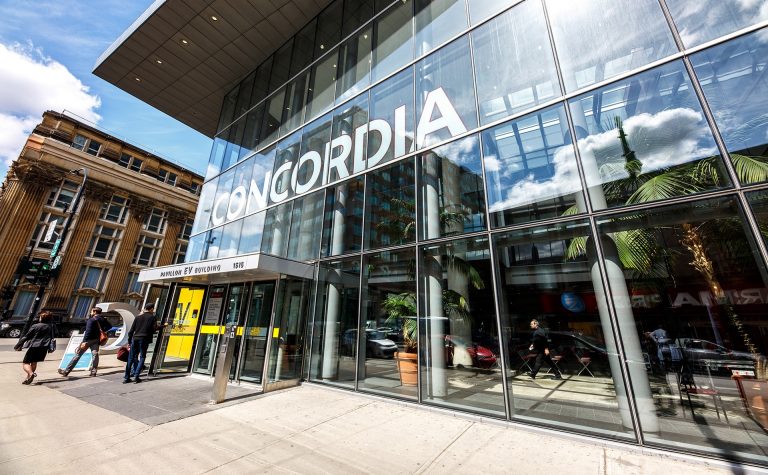The Master of Supply Chain Management (MSCM) program at Concordia University is designed to provide students with advanced knowledge and skills in the field of supply chain management. The program focuses on the effective management of the flow of goods, services, and information across the entire supply chain.
Here is a general overview of the MSCM program at Concordia University:
Core Courses: The program typically includes a set of core courses that cover foundational areas of supply chain management. These courses may include topics such as supply chain strategy, logistics management, inventory management, procurement and sourcing, supply chain analytics, and supply chain sustainability. The core courses provide students with a solid foundation in the principles, theories, and best practices of supply chain management.
Elective Courses: Students have the opportunity to choose elective courses based on their specific interests and career goals. These elective courses cover specialized areas within supply chain management, such as transportation management, supply chain optimization, global supply chain management, risk management, or sustainable supply chains. Students can tailor their course selection to their particular areas of interest or specialization.
Case Studies and Projects: The program often incorporates real-world case studies and projects to provide students with hands-on experience in solving supply chain management challenges. Students work individually or in teams to analyze and develop solutions for complex supply chain problems, applying the concepts and tools learned in the program.
Industry Partnerships and Internships: The program may have partnerships with industry organizations, allowing students to gain practical experience through internships or co-op placements. These opportunities provide students with exposure to real-world supply chain operations, industry practices, and networking opportunities.
Supply Chain Analytics and Technology: The program may include coursework and practical training in supply chain analytics and the use of technology in supply chain management. Students learn how to leverage data analytics tools, software systems, and emerging technologies to optimize supply chain processes, make informed decisions, and improve supply chain performance.
Professional Development: The program may offer professional development activities such as workshops, seminars, and guest lectures featuring industry professionals. These sessions cover topics such as career development, networking strategies, supply chain certifications, and emerging trends in supply chain management.
It's important to note that the specific course offerings, partnerships, and requirements may vary between academic years. For the most accurate and up-to-date information regarding the MSCM program at Concordia University, I recommend referring to the official Concordia University website or contacting the John Molson School of Business, which offers the program.
Show less 



